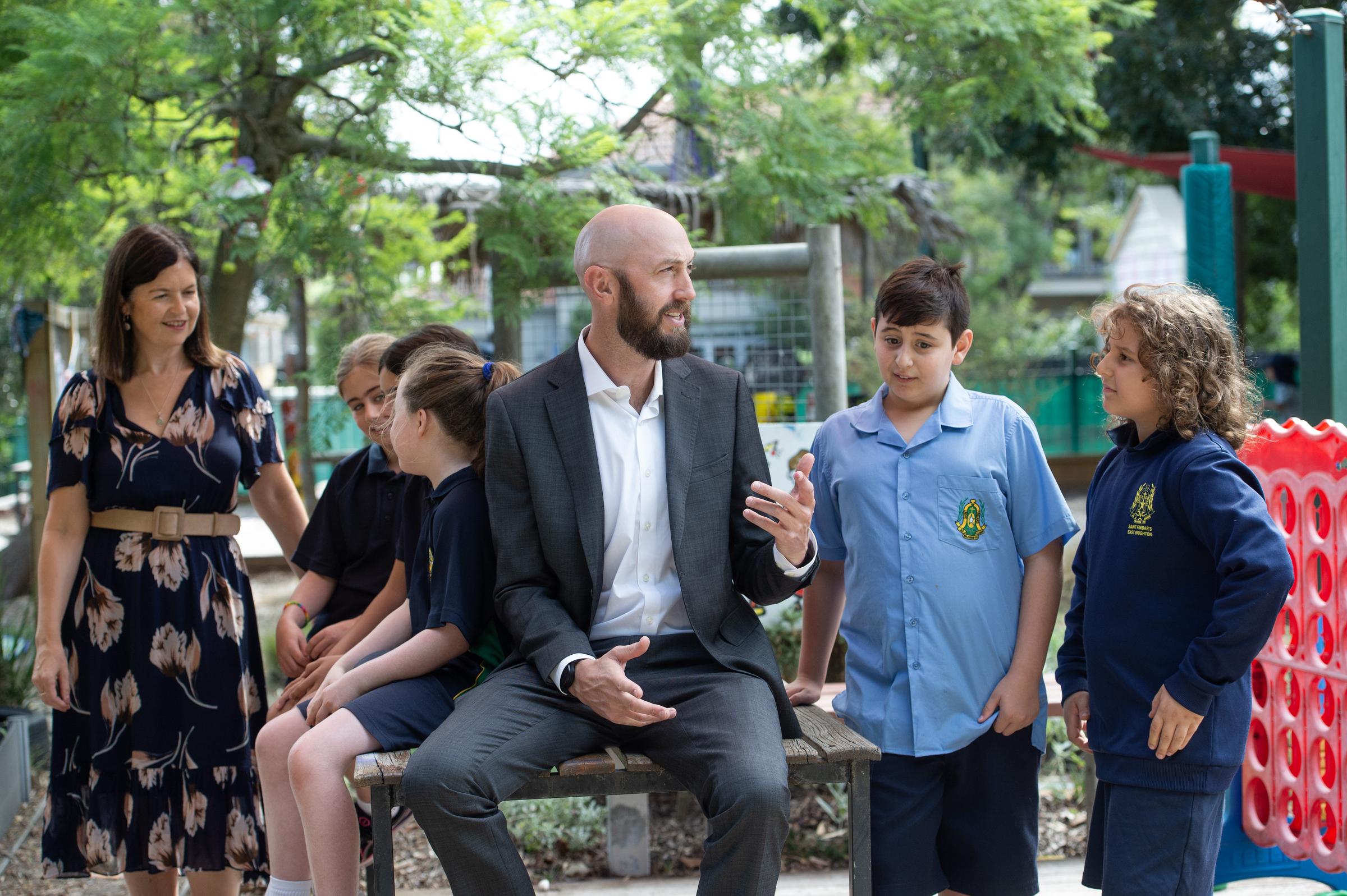Deputy Principal's Report

Friendships: Navigating Conflict
Dear Parents,
As our children grow and develop, they inevitably encounter conflicts in their friendships. Navigating these conflicts positively and constructively is crucial for their social and emotional development. To support guiding your children through these experiences, we’ve compiled five evidence-based suggestions that focus on a strengths-based approach, emphasising positivity and self-esteem building.
1. Encourage Open Communication
Tip: Foster an environment where your child feels comfortable discussing their feelings and experiences.
Why: Open communication helps children articulate their emotions and understand different perspectives. It enables them to express their thoughts and feelings, which is the first step in resolving conflicts.
How: Set aside regular time to talk with your child about their day and any challenges they may face. Ask open-ended questions and listen actively without interrupting or immediately offering solutions.
2. Teach Empathy and Perspective-Taking
Tip: Help your child understand and appreciate others' feelings and viewpoints.
Why: Empathy allows children to recognise and respect the emotions of others, fostering more compassionate and considerate interactions.
How: Use role-playing exercises to demonstrate different scenarios. Encourage your child to put themselves in their friend's shoes and consider how they might feel. Discuss stories or books that highlight characters dealing with similar conflicts.
3. Promote Problem-Solving Skills
Tip: Equip your child with tools and strategies to resolve conflicts independently.
Why: Problem-solving skills empower children to find constructive solutions and build confidence in handling disputes.
How: Teach a step-by-step approach to problem-solving: identify the problem, brainstorm possible solutions, evaluate the options, choose a solution, and reflect on the outcome. Practice this process with your child using real-life examples.
4. Model Positive Conflict Resolution
Tip: Demonstrate healthy ways to manage disagreements in your own interactions.
Why: Children learn by observing the behaviours of adults. Modeling positive conflict resolution provides them with a practical example to emulate.
How: Show calmness and respect during disagreements. Use “I” statements to express your feelings without blaming others. Highlight the importance of compromise and finding mutually beneficial solutions.
5. Celebrate Strengths and Build Self-Esteem
Tip: Focus on your child’s strengths and achievements to boost their self-esteem.
Why: Children with high self-esteem are more resilient and better equipped to handle conflicts positively. They feel more confident in their ability to navigate social challenges.
How: Regularly acknowledge and praise your child’s efforts and accomplishments, both big and small. Encourage them to pursue activities they enjoy and excel in, reinforcing their sense of competence and self-worth.
These strategies are just a suggestion. If your child is experiencing any form of conflict, particularly if it is a regular occurance, we encourage you to get in touch with us and we can help navigate through this with you. When we are able to help our children develop the skills, they are then equiped to manage conflicts in a healthy and positive manner. We look forward to working together to create a supportive environment where our children can thrive.
Thanks for all your support,
Peggy McDonald & Steele Anderson
Deputy Principals
